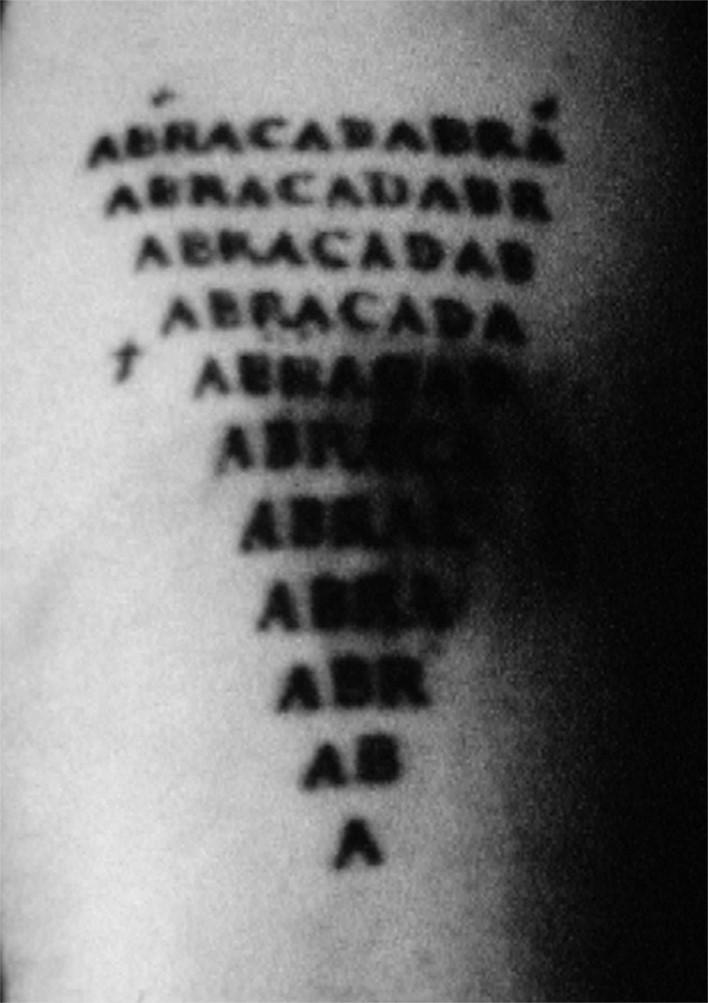
Mairi Lafferty
I like what Margaret Atwood said about speculative fiction, "Science fiction has monsters and spaceships; speculative fiction could really happen".
I see it as fiction that reaches out past imagination to tap into something fundamental, something real, but for which there is no clear articulation. For me, speculative fiction supposes that the same things happen over and over again; that we don’t learn; that we are not alone and that there are other beings, forces, elements out there that are imbued with the same baffling polarities as we are. Under the Skin by Michel Faber is a great example of this – not destruction for destruction’s sake (good vs evil), but the pursuit of luxury, the opportunity to grasp it and the lack of any sense that it is wrong to destroy things in the process. A perfect description of humankind.
I like that there is often no boundary between science fiction and the supernatural within speculative fiction – that they often exist within the same narrative. These two things are from the same root, what we call science now was often God or some spiritual event or action in the deep dark past. We are storytellers, it’s how we construct memories, how we process the everyday (think of dreams – the process and how we remember them). As artists, we deal in narrative all the time, either to illuminate the process by which we make our work (the transformation from material or idea into artwork), or because the narrative is the artistic process itself. When faced with things that make no sense to us – which cannot be explained – we will always resort to creating a narrative.
That we often discard these once we understand that theoretical or physical explanation is a shame – it’s happening again, with the digital world… look at the rise of narrative content.
I am not sure that speculative fictiont has ever changed my way of thinking, it has given me an outlet, a legitimate way to explore ideas of parallel realities, of spirituality and science as an observer rather than a participant. This has been invaluable, especially in my most recent project, Tongues. There is something deeply recognisable in speculative fiction for me. I grew up in a spiritual household, so I have a language for that and the supernatural. Speculative fiction gave me a way of applying that knowledge and those techniques across my creative practice.
I find a great comfort in the cyclical nature of things. Speculative fiction deals in cycles, in the reoccurring nature of things in different contexts and there is something fundamentally human in it. Our human phycology is cyclical, and our natural cycles. Our human-made systems are cyclical, based on and interacting with the natural world’s cycles. Speculative fiction takes this thread and winds it through our world and out into myriad potential others.
I remember a tutorial when I was studying for my masters. I said that I felt I didn’t know enough about the subject I was looking at for a project, “I could do a degree in this, then I think I’d know enough”. My tutor challenged me, why would I want to do that? Surely the most interesting thing about my making work on this is that I don’t know about it? What would my being an expert in this field bring to the project that would make it any better as an artwork?
This sums up the ways in which it informs my work. I don’t have to know the future or the past, I can imagine it, I can draw a line from this point to that point and start building out from there. It has provided a confidence to create, building on what I know, and then out into what I don’t.
A speculative fiction list by Mairi Lafferty:
- The Lottery by Shirley Jackson
- The Bloody Chamber by Angela Carter
- Never Let Me Go by Kazuo Ishiguro
- Under the Skin by Michel Faber
- The MaddAddam Trilogy by Margaret Atwood (assuming you’ve not read the Handmaid’s Tale)
- La Dame Ovale by Leonora Carrington
Though not speculative fiction, I would suggest Michio Kaku's Physics of the Future